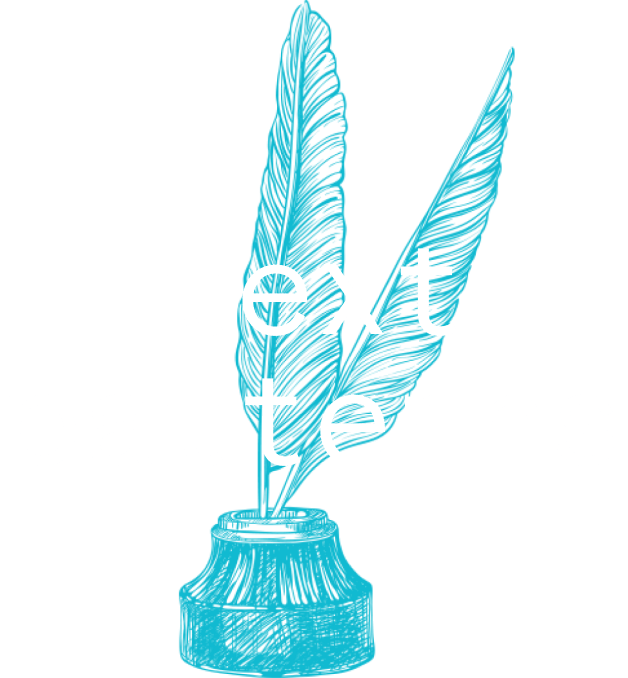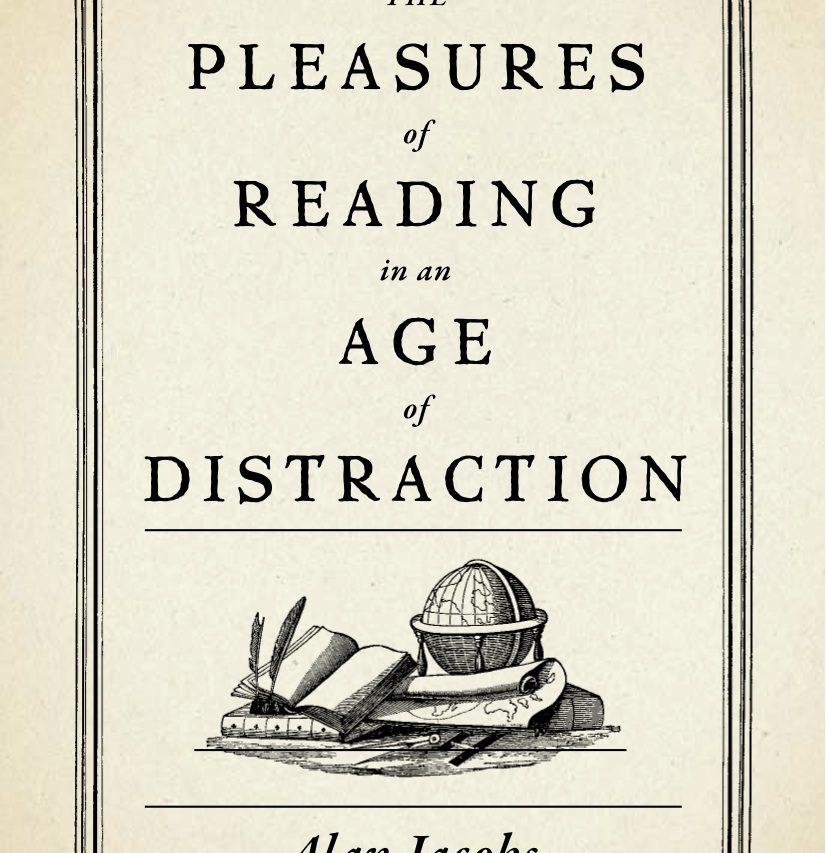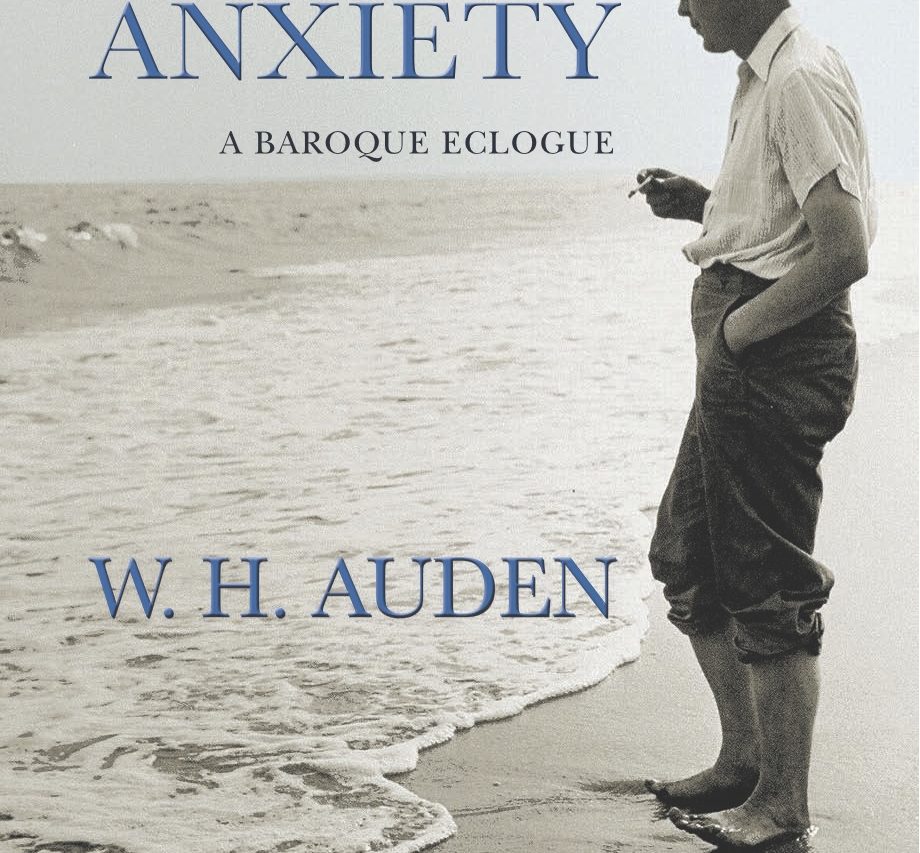December 13, 2010
closed minds
Peter Conrad: Hillier compares Chesterton to Dr Johnson, whom he physically resembled thanks to his dropsical belly and rolling gait, and whom he often impersonated in pageants. But Johnson’s gruff dismissals – of Scotland, of opera, of Sterne’s Tristram Shandy, and of anything or anyone who irritated him – were the...


